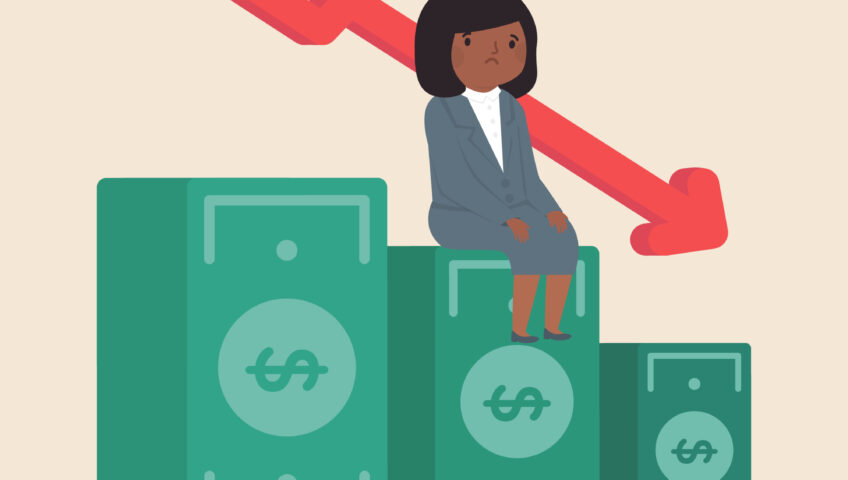
Do Forex Brokers Want You to Lose?
Introduction
Fill a need if you see one. The retail FX market, which allows anyone to trade the biggest market in the world with as little as $500, was originally founded as a result of this mindset.
Retail or individual forex trading simply did not exist in 1999, more than a decade ago. Due to the high capital requirements for trading, only large banks, hedge funds, and high-net-worth individuals were able to participate in the foreign currency markets. Typically, the minimum trade size was USD 1,000,000.
Yet, as word of the profit potential of forex trading spread, more individuals were interested, even if they were unable to participate in the conventional interbank market because they lacked the necessary capital.
The retail forex market was created in response to the rising need for investors with less than $50,000 to invest to have access to the foreign exchange market. To fulfil this tremendous demand, new forex brokers started (and still do) popping up quickly, but this part of forex trading is still mostly unregulated.
Many of the available forex brokers follow the “market maker” or “bucketshop” business model, and these are the people who, in reality, have NO INTEREST IN SEEING YOU SUCCEED AS A TRADER. Do you ask why?
Moreover, it is their responsibility to provide smaller investors with access to the currency market (hence the term market maker). They must be able to fulfil every order you enter on your trading platform for them to be able to do that, and they accomplish this by taking the opposite position on every transaction you execute. The majority of merchants will be harmed by it because they don’t comprehend their company model.
Which brokers want you to lose money?
The best way to prevent them is to be aware of the types of brokers that trade against you. There are primarily two categories of brokers.
Dealing Desk Broker
Market makers are another name for dealing desk brokers. These brokers give their customers access to the market. They operate as the counterparty to the trader and take the opposing side of the transaction. Not that the dealing desk brokers lack access to market participants—quite the contrary. They establish connections between traders and actual market traders, but they make decisions on which orders to send and which to hold in-house.
There are essentially two categories of clients:
A Book Clients: The clients that the brokers choose to link to the market are known as A-book clients. There is no conflict of interest because the broker sends the order straight to the market; they are unconcerned about whether you gain or lose. How often you conduct business with them is all that matters to them. A-book clients are frequently profitable and successful traders who brokers prefer not to compete with.
B Book Clients: Clients on the B-book are customers that the broker chooses to keep on staff by internalising their orders. Often, these are novices that the broker is confident will lose. So, they earn by trading against the trader. Because there is a blatant interest conflict, your broker will want you to lose at that point.
Non-Dealing Desk Brokers
Banks and other significant financial institutions are known as liquidity providers and non-dealing desk brokers submit deals. They provide their client’s access to actual market players in this way. They serve as pure intermediaries, sending just deals without profiting from your loss. They seek the best costs from all liquidity sources to assist their clients.
There are two types of non-dealing desk brokers: STP (Straight Through Processing) and ECN (Electronic Communications Network). Both of them route orders to liquidity providers via computerised systems. Just the commissions and spreads are different.
Be sure the ECN broker you want to work with is legitimate, though. Despite being market makers, several brokers claim to be ECN brokers. One of the most crucial aspects of forex trading is selecting a reliable broker, so conduct your research before investing with one.
